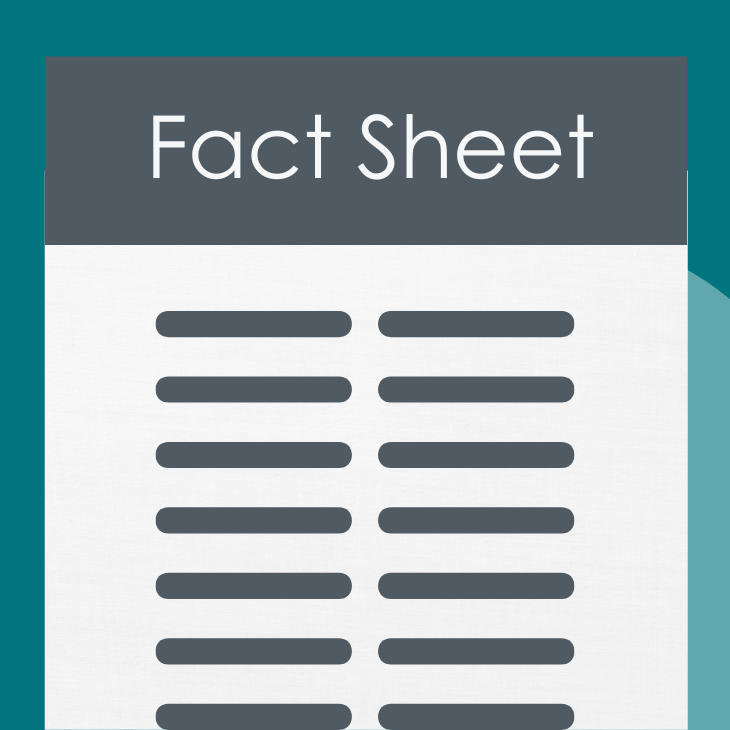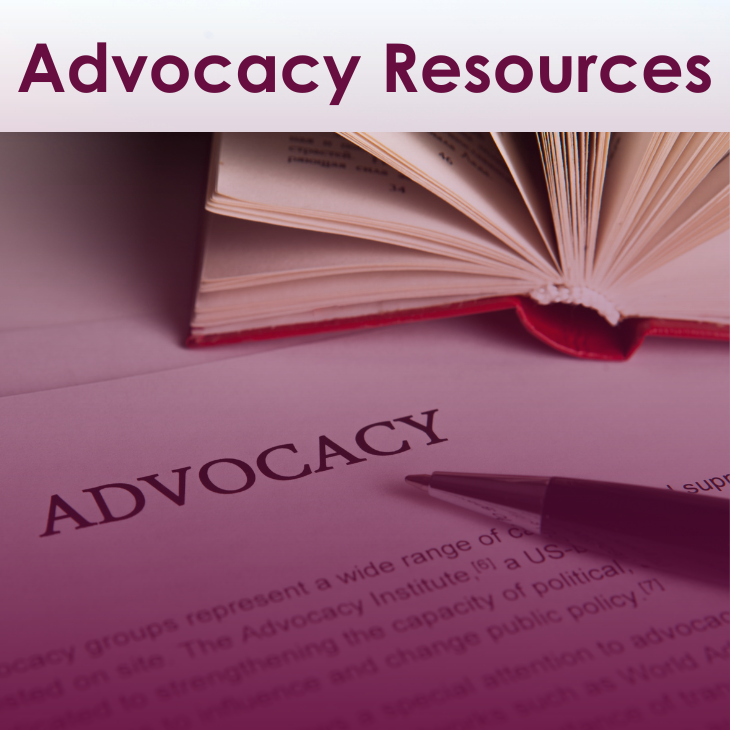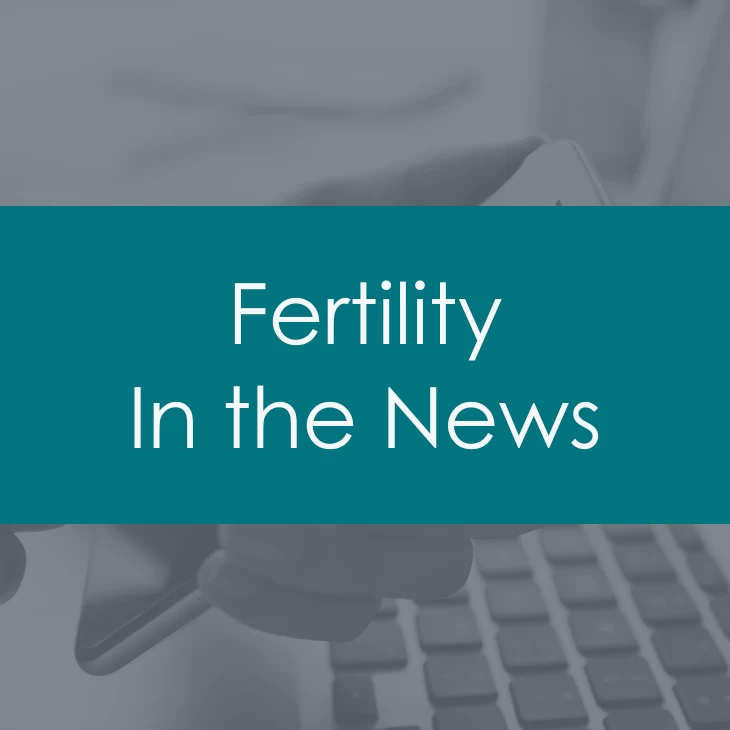
What is Premature Ovarian Insufficiency (Previously Called Premature Ovarian Failure)?
Updated 2021
What is premature ovarian insufficiency (POI)?
When a woman’s ovaries stop working before age 40, she is said to have premature ovarian insufficiency (POI). POI (previously referred to as premature ovarian failure [POF]) affects approximately 1% of women. When this happens, a woman’s menstrual cycles become irregular and stops. Her ovaries stop making hormones such as estrogen and progesterone and she stops releasing eggs (ovulating) even though there may be eggs remaining in the ovary.
For other women experiencing POI, their ovaries may continue to intermittently release (ovulate) eggs and make hormones; these women may continue to have menstrual cycles for months or years before their ovaries completely shut down. For this reason, the currently used term POI is preferred to the older terminology “premature ovarian failure”.
When should I suspect that I may have POI?
POI may occur suddenly with an abrupt stoppage of menstrual periods or it can come on gradually with months of menstrual irregularity before periods stop. Most women with POI will have symptoms that are commonly experienced by women approaching and entering menopause. These symptoms can include hot flashes, vaginal dryness, irritability, night sweats, and difficulty sleeping. Young women with POI may never begin having menstrual periods and may not go through the normal stages of puberty. For others, difficulty getting pregnant may be the earliest and only sign of premature ovarian aging. When symptoms are noticed, they are usually caused by the poorly or non-functioning ovaries making low amounts of estrogen.
What causes POI?
In almost half of women affected by POI, the exact cause is never known. Approximately 80-90% of patients never determine the cause. However, some known causes include:
- POI occurs more often in some families. A history of POI in a close family member (mother, sister) should alert both family and physicians that other women in the family are at possible risk for POI.
- POI is associated with autoimmune disorders, such as those affecting the thyroid and adrenal glands.
- POI can be linked to genetic causes, such as Turner and Fragile X syndromes.
- Medical treatments such as chemotherapy and radiation therapy can also result in POI.
Are there risks associated with POI that I should be aware of?
In addition to the symptoms listed above, low estrogen levels also can make you more likely to develop osteoporosis and early heart disease. Women with POI may be more likely to develop depression. If POI is caused by a genetic condition, there may be potential long-term risks to you and your current or future children. Therefore, having a genetic consultation is advisable.
Although approximately 10% of women with POI may be able to get pregnant using their own eggs, fertility rates are difficult to predict in this group. For women with POI who attempt pregnancy, success rates are low for all fertility treatment options other than use of donor eggs.
How can I confirm whether I have POI?
If you think you have POI, you should see a gynecologist specializing in reproductive endocrinology (a reproductive endocrinologist). A combination of your history and certain blood hormone tests (follicle-stimulating hormone [FSH], and estrogen) are used to diagnose POI. These tests are often repeated a second time to confirm your diagnosis.
If you think you may be at risk for POI because you’ve undergone treatment with radiation and/or chemotherapy, or because of planned treatments that may harm your ovaries, you should talk to your doctor and to a reproductive endocrinologist. If possible, this is especially important to do before you start chemotherapy/radiation to discuss available fertility preservation options.
Can POI be treated?
For medically induced causes of POI such as radiation and chemotherapy, some ovarian function may return naturally over time. The younger a woman is at the time she is exposed to the damaging treatments, the more likely it is for her ovaries to keep some function.
It is common to have no identifiable cause of POI. There are no existing treatments that reverse this type of ovarian failure. Hormonal therapy (consisting of estrogen and progesterone) and a number of non-hormonal therapies can be used to treat symptoms but will not help with fertility. For women with POI who are seeking pregnancy, the use of donor eggs is the most reliable strategy to achieve pregnancy.
Women with POI should talk with their health-care provider about how to maintain long-term health and the best ways to prevent osteoporosis and heart disease.
Fact Sheets/Booklets
View more fact sheets and booklets written by the ASRM Patient Education Committee.
Menopausal Transition (Perimenopause): What Is It?
The menopausal transition (perimenopause) is the period that links a woman’s reproductive (childbearing) years and menopause.
Osteoporosis
Osteoporosis and osteopenia are conditions of having low bone mass (density).
Hyperprolactinemia (High Prolactin Levels)
Prolactin is a hormone produced by your pituitary gland which sits at the bottom of the brain.Infertility
Find a Health Professional












